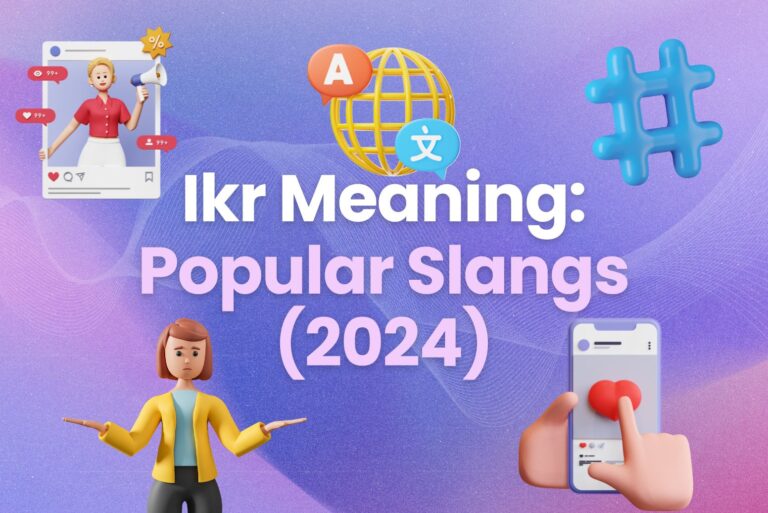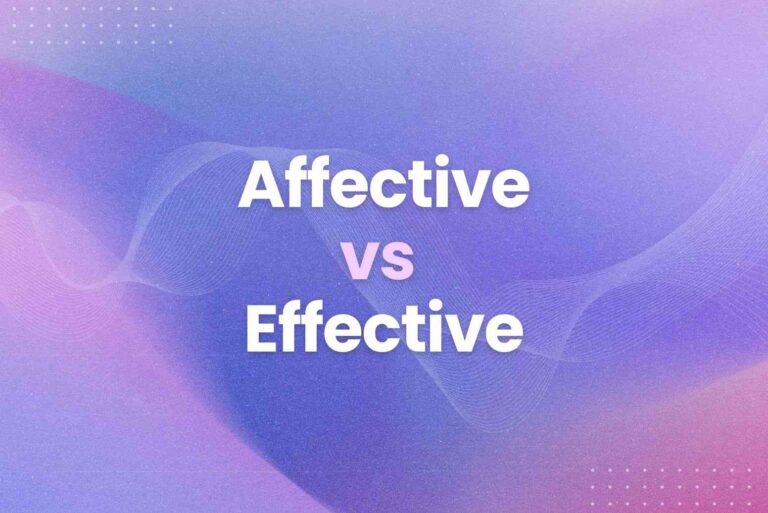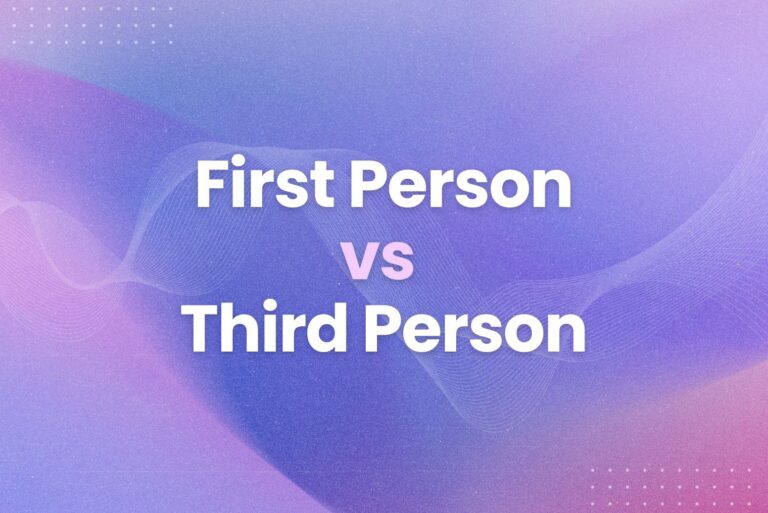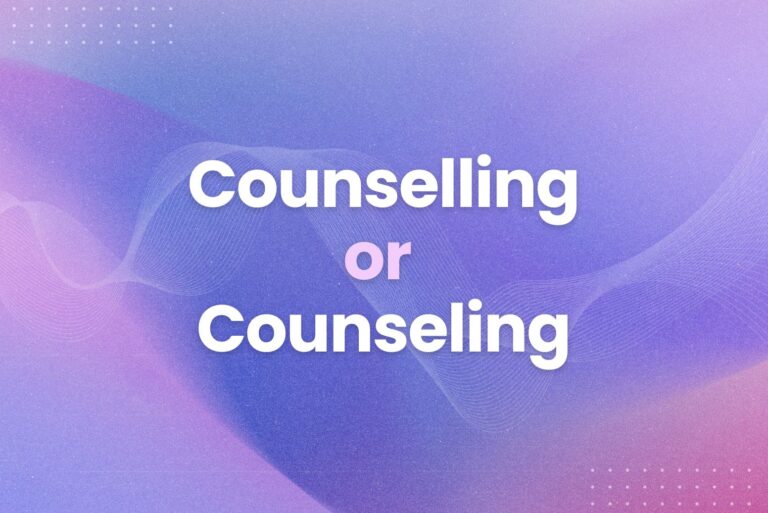Alone vs Lonely: The Grammar Difference That Matters
We often use “alone” and “lonely” interchangeably, but doing so can muddy the meaning of our sentences. These words, while related, function differently in grammar. As a result, using one in place of the other can create awkward phrasing or even change the intended meaning. This article clarifies the grammatical distinction between alone vs lonely. Here’s what we’ll cover:
- The grammatical roles of alone and lonely (adjective vs. adverb).
- How word choice impacts sentence structure and meaning.
- Examples of correct and incorrect usage.
- Common grammatical errors and how to avoid them.
Alone vs Lonely: The Core Difference
Alone primarily functions as an adjective. That is to say, it describes a noun or pronoun. For example, “She is alone.” In this case, alone describes “she.”
Lonely, on the other hand, usually works as an adjective as well. Similarly, it describes a noun or pronoun. For instance, “He felt lonely.” Here, lonely describes “he.”
However, alone can also function as an adverb. To clarify, it can modify a verb, adjective, or another adverb. For example, “She walked alone.” Here, alone modifies the verb “walked,” indicating how she walked.
This adverbial use is where the main grammatical confusion arises. Consequently, people sometimes incorrectly use lonely as an adverb. For instance, you wouldn’t say, “She walked lonely.” This is grammatically incorrect. Instead, you would say, “She walked alone.”
Sentence Structure and Meaning: Word Choice Matters
The choice between alone and lonely significantly impacts sentence structure and meaning. As we saw, alone can act as both an adjective and an adverb. Consequently, it offers more flexibility in sentence construction.
For instance, we can say, “He was alone,” where alone is a predicate adjective. Further, we can say, “He worked alone,” where alone is an adverb modifying “worked.”
Lonely, primarily an adjective, has a more limited role. Therefore, you’d say, “He felt lonely,” or “He is a lonely man.” However, you wouldn’t say, “He worked lonely.” That just sounds wrong.
This difference is important because it affects the message you convey. For instance, “She lives alone” simply states a fact about her living situation. But, “She feels lonely” expresses an emotional state. These are two distinct ideas. In short, choose your words carefully to express your intended meaning.
Correct and Incorrect Usage: Spot the Difference
Let’s look at some examples to solidify the difference. Firstly, we’ll examine correct usage. Secondly, we’ll point out common errors.
Correct Usage
- “He prefers to be alone.” (Alone as a predicate adjective)
- “She finished the project alone.” (Alone as an adverb modifying “finished”)
- “They are lonely without their friends.” (Lonely as a predicate adjective)
- “It’s a lonely existence.” (Lonely as an attributive adjective)
These sentences use alone and lonely in their proper grammatical roles. Therefore, they sound natural and clear.
Incorrect Usage
- “He worked lonely.” (Incorrect use of lonely as an adverb)
- “She walked lonely down the street.” (Again, incorrect use of lonely as an adverb)
- “They are alone for their friends.” (Incorrect preposition; plus, lonely is the intended meaning)
These examples misuse lonely as an adverb. Consequently, they sound awkward and grammatically incorrect. In short, remember the core grammatical functions to avoid these errors. Use alone to modify verbs. Use lonely to describe nouns and pronouns.
Common Errors and How to Avoid Them
The most common error is using lonely as an adverb. As we’ve seen, lonely functions almost exclusively as an adjective. Therefore, using it to modify a verb creates a grammatical blunder.
- Error: “He sat lonely in the corner.”
- Correction: “He sat alone in the corner.” Or, “He sat lonelily in the corner.” (While “lonelily” is a grammatically correct adverb, it sounds awkward and is rarely used. “Alone” is the better choice). Or, “He felt lonely in the corner.”
Another frequent mistake involves prepositions. For instance, someone might say, “She is alone for her family.” This is incorrect. The correct phrasing would be, “She is alone without her family,” if expressing a lack of connection. If expressing her physical state, “She is alone” is sufficient.
Here’s a quick recap to avoid these issues:
- Use alone to describe a state of being and to modify verbs (how an action is performed).
- Use lonely to describe a feeling or emotional state.
- Double-check your prepositions. “Alone without” expresses a lack of connection. “Alone” expresses a physical state.
By keeping these simple rules in mind, you can avoid common grammatical errors.
Grammar Got You Down? Arvin’s Got Your Back
That wasn’t so tough, right? Mastering the difference between alone vs lonely keeps your writing clear and impactful.
Here’s a quick cheat sheet:
- Alone: Describes a state of being (adjective) or modifies verbs (adverb).
- Lonely: Describes an emotional state (adjective).
- Double-check prepositions: “Alone without” expresses disconnection.
Speaking of confidence, have you ever used Arvin AI assistant? It lives right in your browser and can be your perfect tool for mastering grammar, writing, and more. It can analyze your text for errors and suggest alternative phrasing. This makes alone vs lonely debate a breeze (and any other grammar hurdle you face). Check out Arvin today and see the difference. (https://arvin.chat/en/home?menu=grammar)
FAQs
Is there a difference between alone and lonely?
Yes, there’s a significant difference. Alone describes a physical state of being by oneself. Therefore, it is objective. Lonely, on the other hand, describes a subjective emotional state of sadness due to feeling isolated.
Is it okay to be alone but not lonely?
Absolutely. Being alone can be a positive experience. For instance, it can provide opportunities for self-reflection, creativity, and relaxation. In short, solitude can be healthy. Consequently, many people actively seek it.
Is feeling lonely worse than being alone?
Loneliness can have serious negative impacts on both mental and physical health. Therefore, many consider it worse than simply being alone. Loneliness can lead to depression, anxiety, and other health problems. As a result, it’s important to address feelings of loneliness.
Why am I lonely but not alone?
You can be surrounded by people yet still feel disconnected. This is because loneliness is about the quality of your connections, not the quantity. For example, you might attend a party full of people but not connect with anyone on a deeper level. In this case, you’re not alone physically, but you might still feel lonely.





